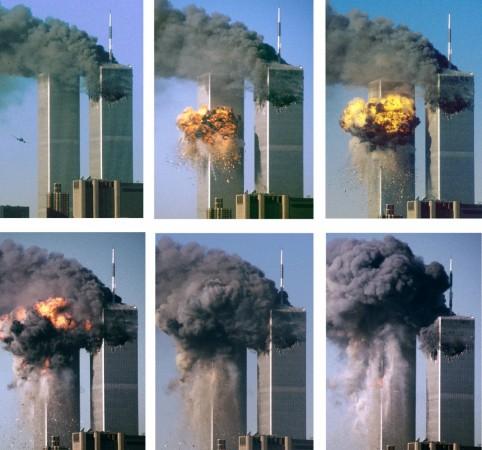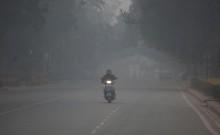
As the world approaches September 11 this year, there still remains a conspiracy of silence among high former US and Saudi officials about the attacks. Though subsequent government investigations concluded there is no proof of official Saudi support for the attacks, unresolved American doubts about the US-Saudi alliance still persist.
John Duffy and Ray Nowosielski's book on 9/11, The Watchdogs Didn't Bark, hopes to re-focus public attention on the cover-up of Saudi complicity in the affair. Thoroughly mixing the multiple official investigations into the event, Duffy, a left-leaning writer and environmental activist, and Ray, a documentary filmmaker, found huge holes and contradictions in the official story that 9/11 was merely "a failure to connect the dots."
According to a report in the Newsweek, in 2009, Duffy and Ray scored an astounding video interview with Richard Clarke, White House counterterrorism adviser during the Bill Clinton and George W Bush administrations. In it, Clarke raged that top CIA officials, including director George Tenet, had withheld crucial information from him about Al Qaeda's plotting and movements, including the arrival in the US of future hijackers Khalid al-Mihdhar and Nawaf al-Hazmi.
All these years later, it's still unclear why the CIA would keep such crucial details about Al Qaeda movements from the FBI. Clarke and other insiders suspect that the spy agency had a deeply compartmented plan in the works to recruit Hazmi, Mihdhar and perhaps other Al Qaeda operatives as double agents.
Subsequent investigations have revealed that officials from the kingdom's ministry of Islamic affairs were actively helping the hijackers get settled in California. Duffy and Nowosielski offer a tightly focused update on what's been learned about Saudi support for Al Qaeda in recent years in their book.
Such information spurred several hundred families of the 9/11 attack victims to file suit against the Saudi government in federal court in New York last year, seeking unspecified monetary damages. Reports also claim that Saudi intelligence has admitted that they knew who Hazmi and Mihdhar were.

















